Chinese steel exporters to exploit new ways after losing rebate

China's decision to cancel tax rebates on boron-steel exports could pile the pressure on low-end producers and cut iron ore demand in the short term, but mills are already looking to exploit other ways, analysts said.
China's steel exports surged 46.8 per cent from January to November last year, with overseas markets providing a much-needed lifeline for mills struggling with sluggish domestic demand and chronic oversupply.
Their competitiveness was helped by a policy originally aimed at encouraging value-added steel production but which allowed exporters to claim back tax of 9-13 per cent by adding just 0.0008 per cent of boron to their products.
China's finance ministry said at the end of last year that it would remove rebates for four boron-added steel products from January 1. It said the move targeted products that caused excessive pollution.
Boron-added steel amounted to 44 per cent of China's total steel exports in the first 10 months of 2014, according to industry consultancy Mysteel, and before the move was announced, analysts feared it could cut iron ore demand by 5 million tonnes a month and further erode prices, which fell around 50 per cent last year.
But the cancellation didn't cover all boron steel, with rebates kept in place for boron-added hot-rolled coil. Alloys containing other elements weren't included either, giving producers an opportunity to find alternatives.
"Chinese steel mills have already foreseen changes in the rebate policy that should go into effect this year, and they started substituting boron with other alloys such as manganese and chromium steel," said Yu Yang, a Shanghai-based analyst at Shenyin & Wanguo Futures.
"Boron is the cheapest alloy, manganese and chromium are a bit more expensive," she said.
Morgan Stanley analysts said in a note on Monday that the cost of switching from boron to chrome would be around 40 yuan ($6) per tonne, far lower than the rebates on offer.
Data from the China Iron and Steel Association showed that more than 90 per cent of additional output in the first half of last year was diverted to foreign markets, shielding many vulnerable mills from the impact of a slowdown in demand.
Mysteel said the rebate cancellation could cut exports by a third in the first quarter of 2015, but it could be offset by new rules aimed at encouraging higher-end exports. Even without the rebate, Chinese steel prices remained far lower than prices overseas, it added.
XINSTEEL INFORMATION

 +86 371 55057610
+86 371 55057610  inquiry@xsteelplate.com
inquiry@xsteelplate.com


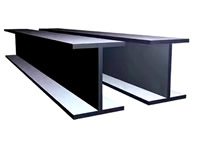
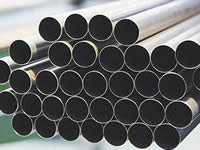
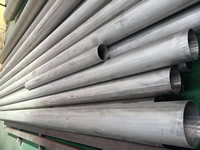
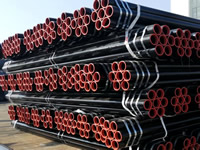
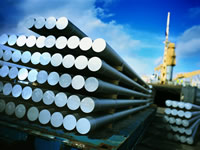

 Tel:+86 371 55057610
Tel:+86 371 55057610  Fax: +86 371 5505 7611
Fax: +86 371 5505 7611